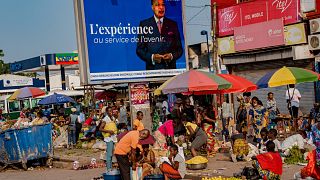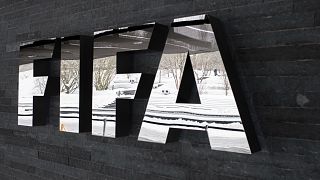Republic of the Congo
The World Health Organization’s office in The Republic of Congo capital Brazzaville has intensified efforts to stay combat ready against the deadly coronavirus, after Egypt recorded the first confirmed case in Africa last Friday.
Although the deadly disease which has claimed hundreds of lives is yet to be recorded in central Africa, the organization has put in strategic mechanisms.
Dr Michel Yao, Coordinator of Response Operations at the WHO Africa Regional Office told the press: “Of course, there are measures that are taken at the World Health Organization level. One of the first steps was to send technical guidance to all the Ministers of Health in our region.
“And these technical guidelines are aimed at taking measures in terms of detection. Early detection is essential because we need to detect quickly to avoid massive contamination. This detection must be done at the various points of entry: airports or seaports… to ensure that we can detect a person with symptoms coming from risk areas.
“This is related to the case definition. Now, when we detect a suspect, we absolutely must isolate him or her until we have confirmation; this confirmation is the second step. After the isolation, it is a question of confirming in a laboratory that the person is really contaminated with the coronavirus,” he added.
According to the Congolese authorities, the country is equally at risk of the virus hence measures need to be put in place.
The authorities however reassured the population, stating that the National Public Health Laboratory (LNSP) has machines capable of testing for any type of virus.













Go to video
In Kenya, 90% of packaged food needs health warning label under new rules
01:00
Gaza faces health crisis as uncollected rubbish piles up after ceasefire
01:19
Hospitals overwhelmed as death toll rises in Goma
01:28
Taking into account human rights is key in ending AIDS- UN report
01:20
Mpox: Head of Africa CDC urges partners to honour pledges as death toll tops 1,000
01:23
Sudan's cholera outbreak afflicts thousands as health system collapses